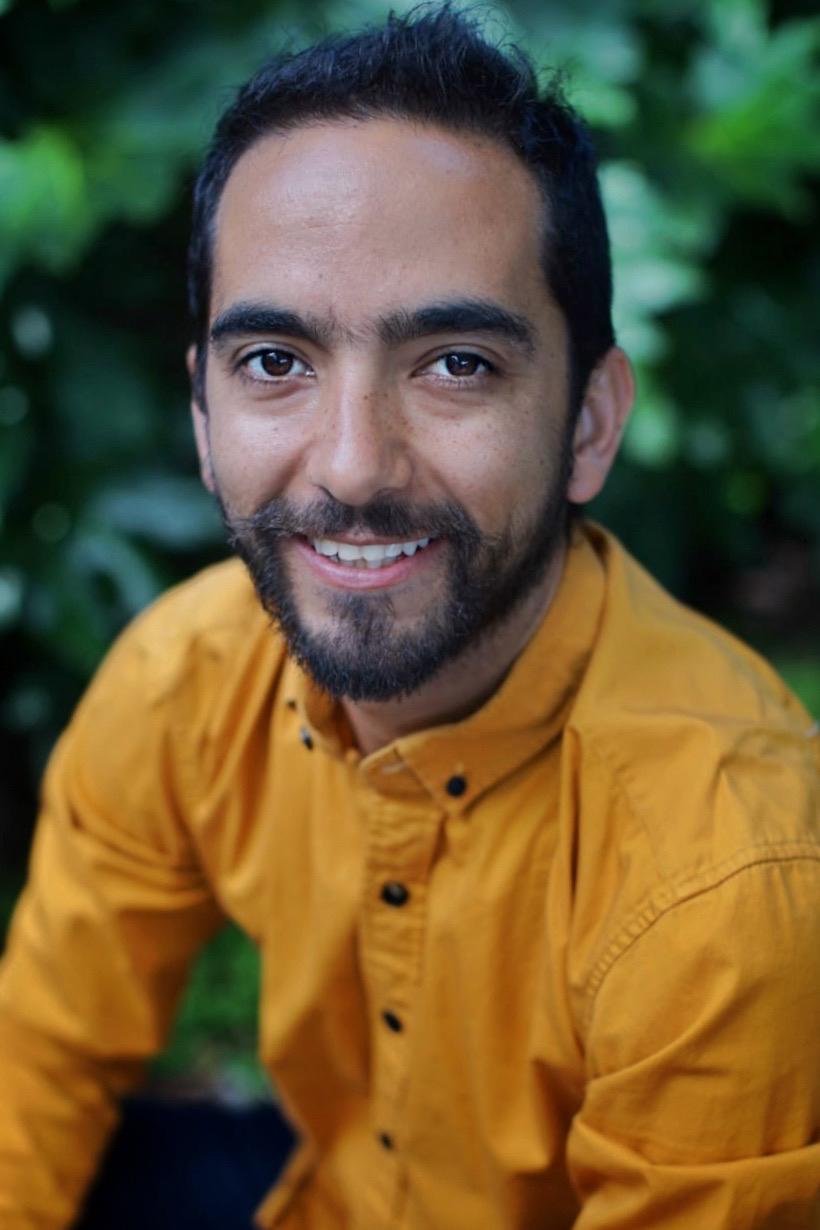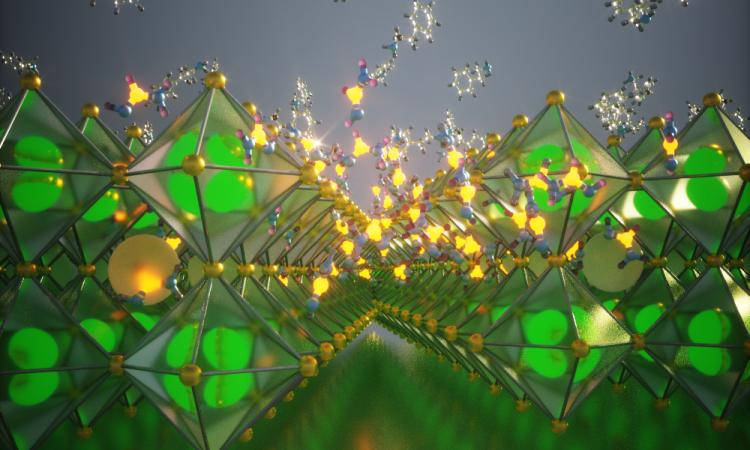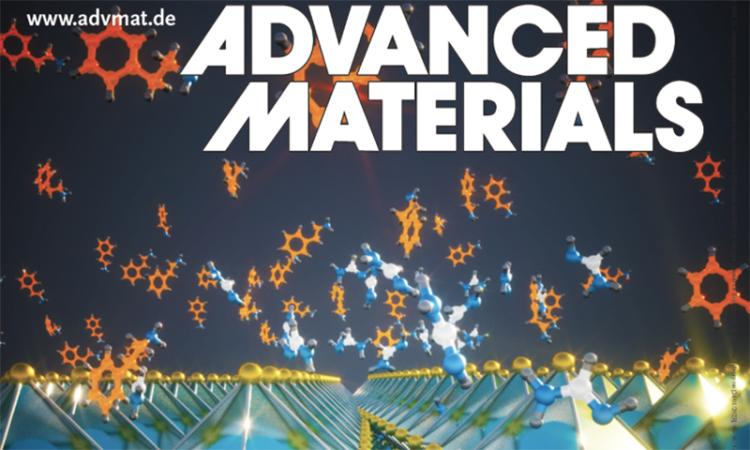The MSE researcher was selected for his work to understand the chemical interactions in harvesting solar energy.
(text and background only visible when logged in)
Georgia Tech materials scientist Juan-Pablo Correa-Baena is a 2024 recipient of a Sloan Research Fellowship, highly competitive and sought-after support for early career faculty members.
The fellowships from the Alfred P. Sloan Foundation are intended to recognize and support exceptional researchers “whose creativity, innovation, and research accomplishments make them stand out as the next generation of leaders,” according to the foundation.

Correa-Baena is an assistant professor and Goizueta Early Career Faculty Chair in the School of Materials Science and Engineering (MSE). His research focuses on understanding and controlling nanoscale chemical structures in low-cost semiconductors used for optical and electronic applications. His team also works on advanced techniques for characterizing these very small materials and interactions. The Sloan Fellowship will help him study chemical interactions in solar energy harvesting, particularly how hydrogen bonding stabilizes crystalline structures.
Correa-Baena called his selection an important career milestone and credited his students as a driving force behind the honor.
“This is a testament to the work of my students, who strive to think beyond the limits of our field. We are truly an interdisciplinary group that wants to blur the lines between science and engineering, and this award recognizes exactly that,” Correa-Baena said. “The fellowship is for the chemistry field, and as a materials scientist, I am honored to be included in the list of this year’s recipients.”
In addition of chemistry, the two-year fellowships are awarded in computer science, Earth system science, economics, mathematics, neuroscience, and physics. Fellows receive $75,000 in flexible funding to support their research and access to the network of current and previous fellows. Correa-Baena joins three other Georgia Tech faculty members in the 2024 class of Sloan Fellows: Alex Blumenthal in the School of Mathematics, Chunhui Du in the School of Physics, and Daniel Genkin in the School of Cybersecurity and Privacy.
“Already at this stage of his career, Juan-Pablo is one of the leading experts in the large research area of hybrid organic/inorganic electronics, and specifically metal halide perovskites,” said Natalie Stingelin, MSE school chair. “His group is deciphering fundamental mechanisms of materials growth, allowing them to provide important feedback into materials chemistry and design. He is highly deserving of the Sloan Fellowship.”
Previous fellows include more than 50 Nobel Prize winners along with luminaries like physicist Richard Feynman and mathematician John Nash.
Including the 2024 class, 55 faculty members from Georgia Tech have received Sloan Research Fellowships, including Jeffrey Markowitz in the Wallace H. Coulter Department of Biomedical Engineering and Anqi Wu of the School of Computer Science and Engineering in 2023.
(text and background only visible when logged in)
Related Content
Researchers Find They Can Stop Degradation of Promising Solar Cell Materials
Engineers uncover the chemical interactions that make perovskites unstable and can prevent them.
Research Reveals Thermal Instability of Solar Cells but Offers a Bright Path Forward
In newly published research, a team led by Juan-Pablo Correa-Baena shows that halide perovskite solar cells are less stable than previously thought. Their work reveals the thermal instability that happens within the cells’ interface layers, but also offers a path forward towards reliability and efficiency for halide perovskite solar technology.

